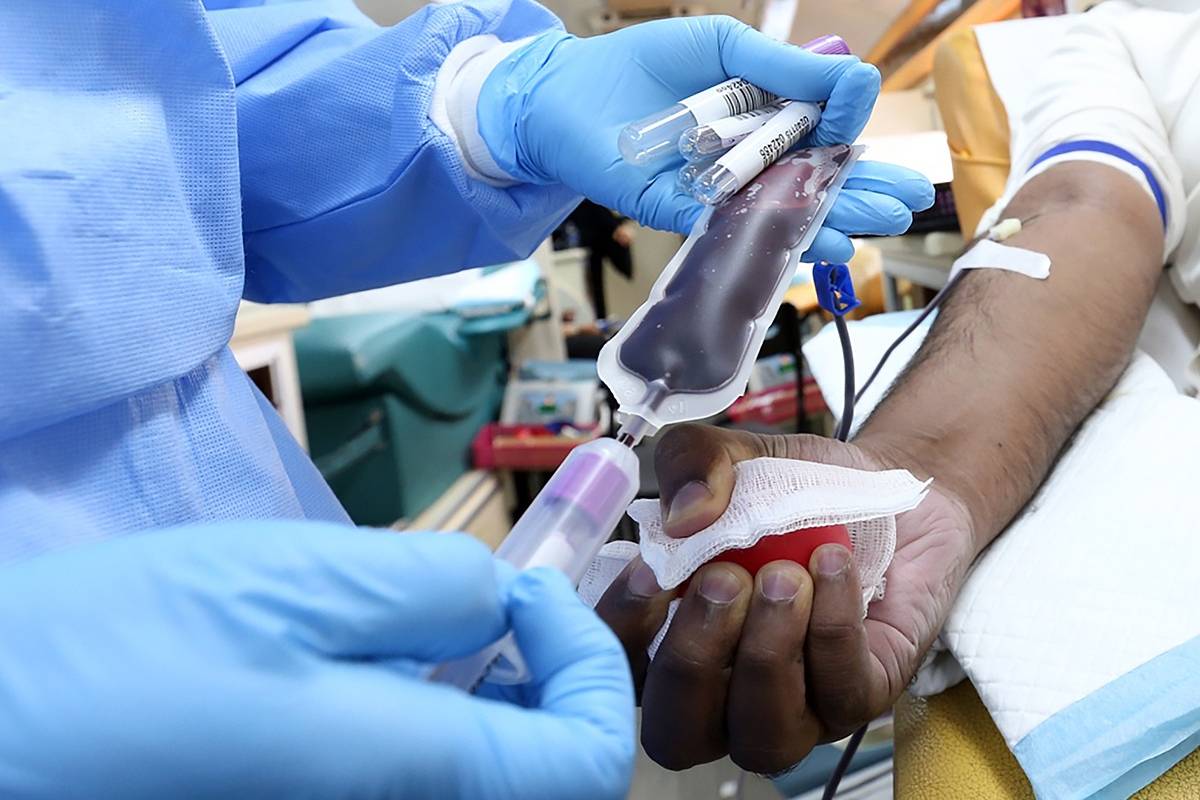Donating plasma can be a rewarding experience, both for the donor and for those in need of life-saving plasma-based therapies. However, not everyone is eligible to donate. Understanding the qualifications for donating plasma is crucial to ensuring both the donor’s safety and the quality of the plasma collected. In this guide, we’ll explore the qualifications you need to meet to donate plasma at a plasma center Cherry Hill NJ.
Table of Contents
Age Requirements
- Minimum Age: Donors must typically be at least 18 years old to donate plasma. Some plasma centers may accept donors as young as 16 or 17 with parental consent, but this varies by location.
Health Status
- General Health: Donors must be in good health and feeling well on the day of donation. They should not have any active infections, illnesses, or symptoms of illness.
- Weight: Donors must meet minimum weight requirements, usually around 110 to 150 pounds, depending on the plasma center’s guidelines.
- Medical History: Donors must disclose their medical history and any medications they are currently taking. Certain medical conditions or medications may disqualify individuals from donating plasma.
Lifestyle Factors
- Travel History: Donors may be deferred from donating if they have recently traveled to certain countries or regions with a high risk of infectious diseases.
- Tattoos and Piercings: Donors with recent tattoos or piercings may be deferred from donating plasma due to the risk of bloodborne pathogens.
- Substance Use: Donors must not have used recreational drugs or alcohol within a certain timeframe specified by the plasma center.
Testing and Screening
- Health Screenings: Before each donation, donors undergo a health screening, which includes a physical examination, vital signs measurement, and review of medical history.
- Testing for Infectious Diseases: Donors’ plasma is tested for infectious diseases, including HIV, hepatitis, and syphilis, to ensure the safety of the plasma supply.
Donation Frequency
- Donation Interval: Plasma donation centers typically have specific guidelines regarding the frequency of donations. Donors may be required to wait a certain number of days between donations to allow their bodies to replenish plasma levels.
Conclusion
Donating plasma is a valuable way to contribute to the healthcare community and help save lives. By understanding the qualifications for donating plasma at a plasma center in Cherry Hill, NJ, you can ensure that your donation is safe, effective, and beneficial to those in need of plasma-based therapies. If you meet the eligibility criteria, consider becoming a plasma donor and making a difference in the lives of others.

